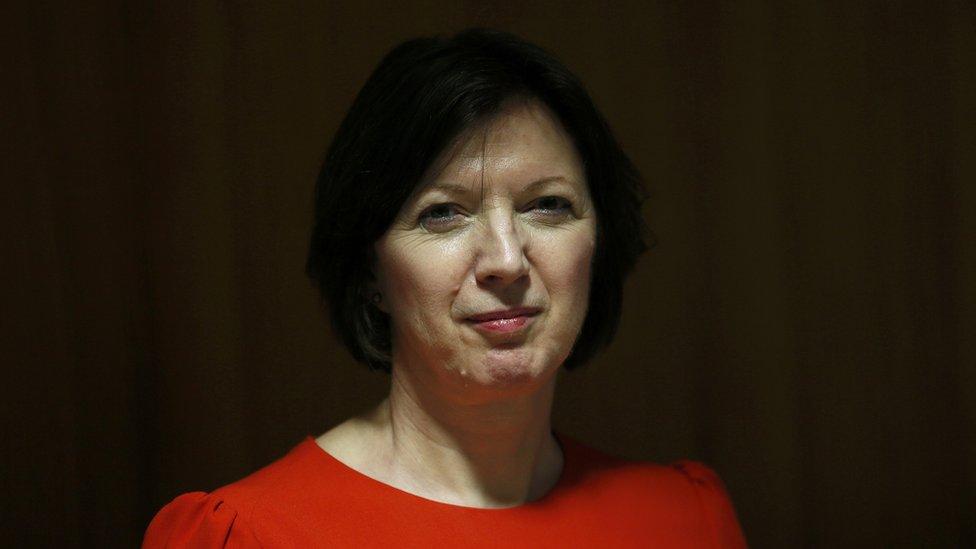Zero-hours contracts: 801,000 workers on zero-hours terms
- Published

The number of workers on a zero-hours contract for their main job stood at 801,000 in late 2015, up by 104,000 from a year earlier, the Office for National Statistics (ONS) has said.
That meant 2.5% of the employed UK workforce was on such a contract.
The 801,000 figure is the highest since the ONS began monitoring the number of zero-hours contracts.
ONS statistician Nick Palmer said some of the rise could reflect greater recognition of "zero-hours" contracts.
However, he added: "There's also nothing to suggest this form of employment is in decline."
In its report, the ONS said, external there were about 1.7 million contracts that did not guarantee a minimum number of hours in November, meaning that many workers had more than one zero-hours contract.
The previous estimate, for May 2015, was 2.1 million, but the ONS said that the estimates could be affected by seasonal factors and should not be directly compared.

Analysis: Jonty Bloom, BBC business correspondent
The ONS data on zero-hours contracts is not as clear as it could be. As the ONS points out, "at least some of this increase may be due to greater public recognition of the term 'zero-hours contract'". That means that many people do not know that they are on a zero-hours contract, or what the term means.
Therefore much of this increase may be down to media coverage - or even the fact that the statisticians are explaining the term to people when they gather the data. The ONS itself does not know how much of this increase is down to an increasing use of these contracts and how much is down to such factors.
What we do know is that the proportion of businesses using such contracts varies considerably. In the hotel and catering industries more than a quarter of employers use them, but in the construction sector only one in 20 companies do so. These figures may also be affected by seasonal factors, given that many industries employ more people in the summer.
However, the ONS says that "there's also nothing to suggest this form of employment is in decline". That means the controversy is unlikely to decline either.

Those on zero-hours contracts were more likely to be young people, part-time workers, women, or those in full-time education when compared with other people in employment.
Someone on a zero-hours contract worked an average of 26 hours a week. About a third of those on a zero-hours contract wanted to work longer, with most wanting more hours in their current job, as opposed to a different job that offered more hours.
In comparison, only 10% of other people in other types of employment wanted more hours, the ONS said.

TUC general secretary Frances O'Grady says workers on zero-hours contracts have much less power
TUC general secretary Frances O'Grady said zero-hours contracts could be "a nightmare for workers".
"The so-called flexibility these contracts offer is far too one-sided," she said. "Staff without guaranteed pay have much less power to stand up for their rights and often feel afraid to turn down shifts in case they fall out of favour with their boss."
TUC research found that average weekly earnings for zero-hours workers were £188, compared with £479 for permanent employees.
Laura Gardiner, of the Resolution Foundation, said some workers on zero-hours contracts struggled to cope with fluctuating pay levels, which made it hard to budget.
"While zero-hours contracts still make up a comparatively small, albeit growing, part of the labour market, it is still crucial that policy makers consider the effect of unstable employment on both workers and the economy," she said.
Owen Smith, shadow work and pensions secretary, said the Conservatives had failed to take action on zero-hours contracts as promised before the last general election.
A Department for Business spokesperson said zero-hours contracts "had a part to play in a modern, flexible labour market", adding: "We have acted to ban the use of exclusivity clauses in these contracts which prevent people from boosting their income when they have no guarantee of work."
- Published1 April 2015

- Published2 September 2015
